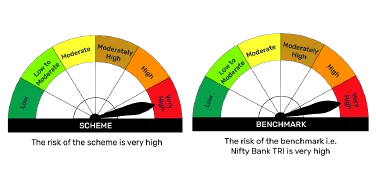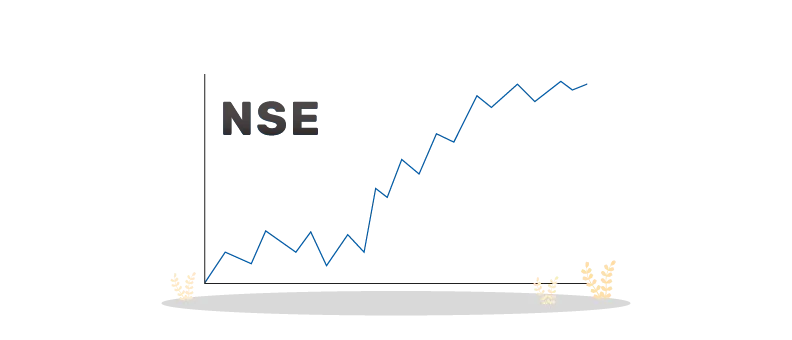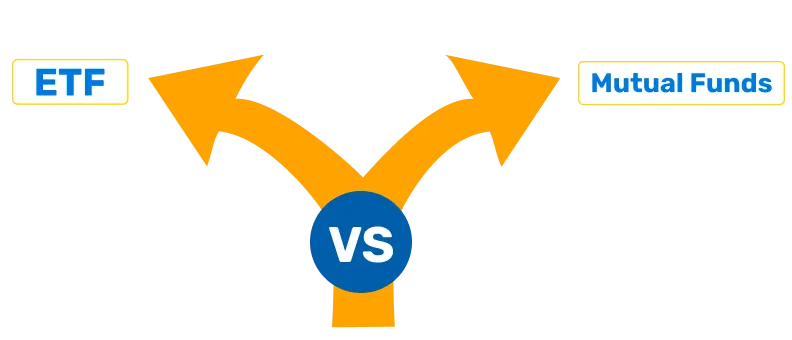
Mr.Ilesh Savla joined Bajaj Finserv Asset Management Limited (Bajaj Finserv AMC) in April 2023. Mr. Savla has over 23 years of work experience across various functions in Equity Dealing and Sales Trading / Dealing profile. Prior to Bajaj Finserv , Mr. Savla was associated with Reliance Nippon Life Insurance, Equirus Securities and Maybank KimEng Securities.



